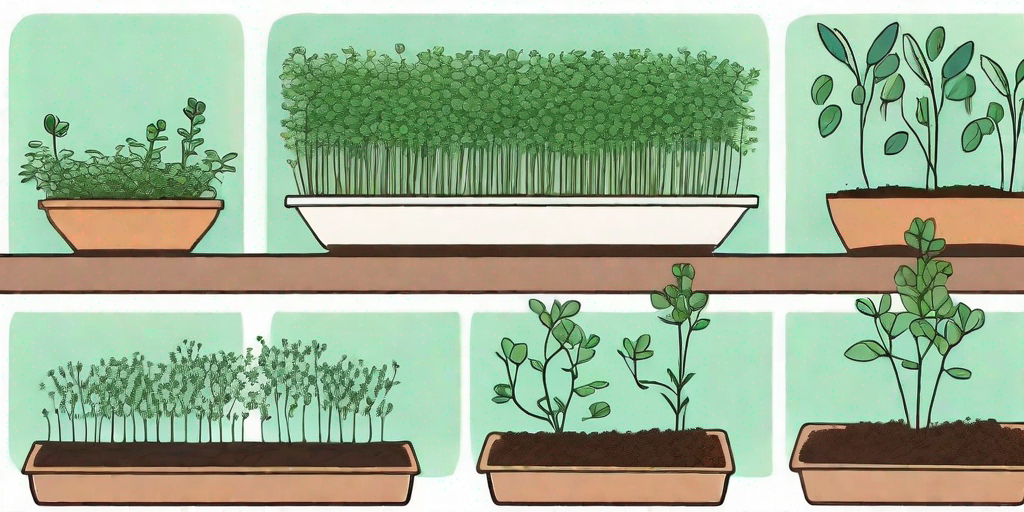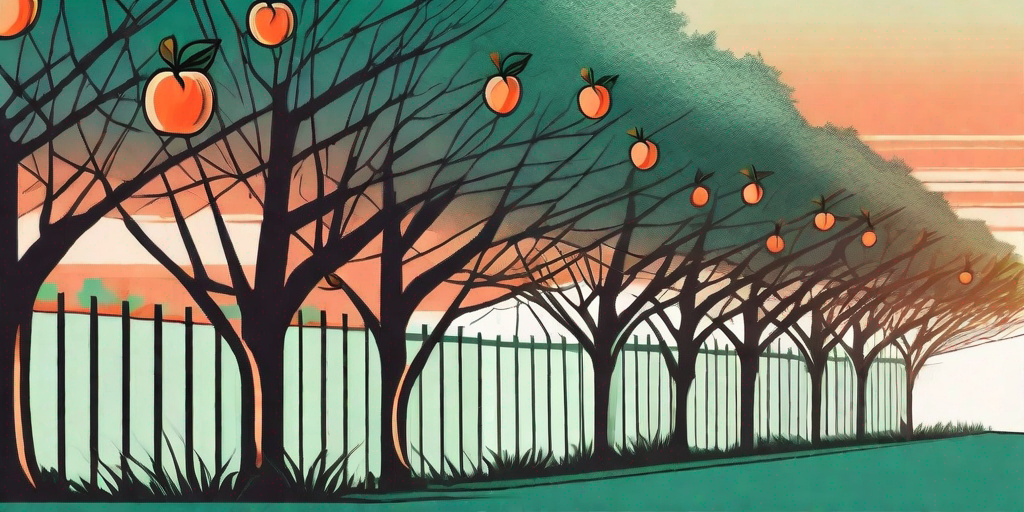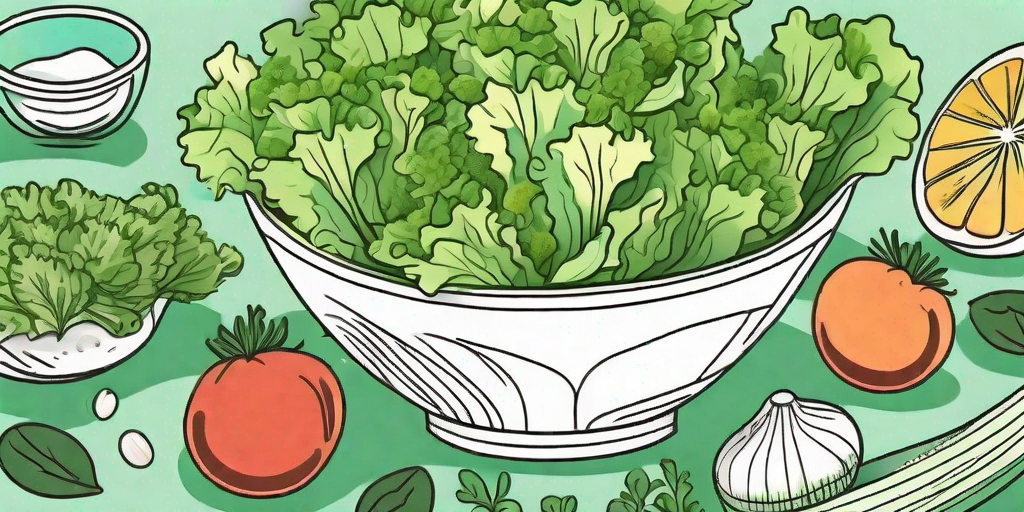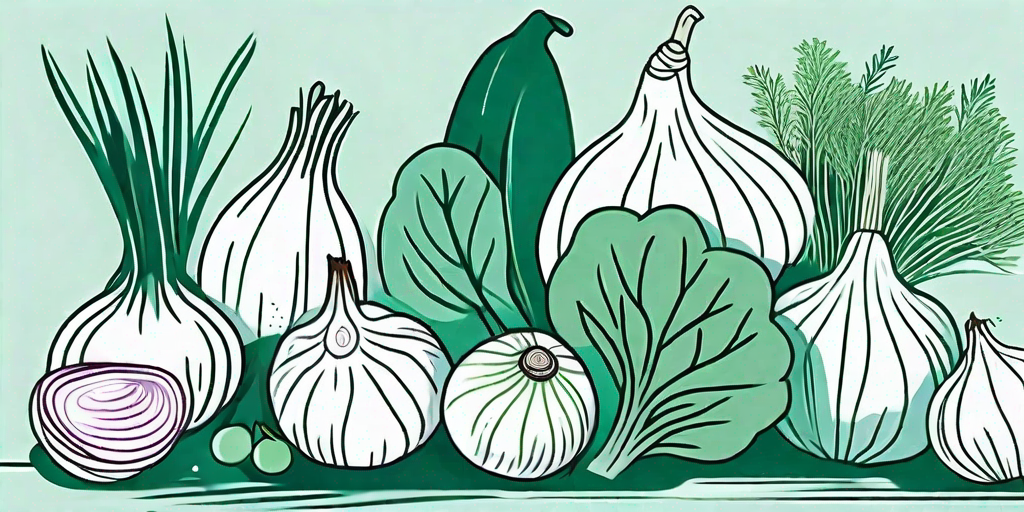
Welcome, green-thumbed enthusiasts and curious beginners alike! If you've ever wondered how to turn a tiny alfalfa seed into a sprouting green wonder, you're in the right place. With a dash of patience, a sprinkle of care, and a good dollop of humor, we'll journey together from seed to sprout. So, grab your gardening gloves, and let's dig in!
What is Alfalfa, and Why Should I Grow It?
Alfalfa, also known as Medicago sativa, is a perennial flowering plant in the pea family. It's been cultivated as livestock fodder since time immemorial. But wait, don't let that fool you into thinking it's not fit for human consumption! Alfalfa sprouts are a crunchy, nutritious addition to salads, sandwiches, and stir-fries. They're packed with vitamins, minerals, and antioxidants, making them a superfood in their own right.
Why grow alfalfa at home, you ask? Well, aside from the satisfaction of watching a tiny seed transform into a sprout, it's also a fun, easy, and cost-effective way to add some green to your diet. Plus, it's a great conversation starter at parties. "Oh, these alfalfa sprouts? Grew them myself!" Now, isn't that a cheeky little brag?
Getting Started with Alfalfa
Choosing Your Alfalfa Seeds
Like any great adventure, our journey from seed to sprout begins with a choice. In this case, choosing the right alfalfa seeds. Look for organic, non-GMO seeds from a reputable supplier. Remember, these sprouts are going to be a part of your diet, so quality matters!
How many seeds should you buy? Well, a tablespoon of alfalfa seeds will yield about a cup of sprouts. So, depending on your sprout consumption habits, adjust your seed purchase accordingly. Don't worry, they won't break the bank!
Gathering Your Supplies
Next, let's gather our gardening gear. Don't worry, you won't need a fancy greenhouse or a state-of-the-art irrigation system. Growing alfalfa at home is delightfully low-tech. Here's what you'll need:
- A glass jar
- A piece of cheesecloth or a sprouting lid
- A rubber band (if you're using cheesecloth)
- Your chosen alfalfa seeds
- Water
See? Nothing too complicated. Now, let's get sprouting!
From Seed to Sprout: The Growing Process
Step 1: Soaking the Seeds
Begin by placing a tablespoon of alfalfa seeds in your jar. Cover them with a couple of inches of cool water. Secure your cheesecloth or sprouting lid with the rubber band, and let the seeds soak overnight. This will kickstart the germination process. Sweet dreams, little seeds!
Step 2: Rinsing and Draining
After the overnight soak, it's time for a good rinse. Drain the water from the jar, then refill it with fresh water. Swirl it around to rinse the seeds, then drain again. Repeat this process a couple of times. It's like a mini shower for your seeds!
Step 3: The Waiting Game
Now, place your jar in a well-ventilated area out of direct sunlight. Repeat the rinsing and draining process twice a day. Before you know it, you'll start to see little sprouts emerging from the seeds. It's alive!
Step 4: Harvesting Your Sprouts
After about 3-5 days, your sprouts will be ready to harvest. You're looking for sprouts that are about an inch long with tiny green leaves. Once they're at this stage, give them a final rinse and drain, then pat them dry. They're ready to eat!
Storing and Using Your Alfalfa Sprouts
Store your fresh alfalfa sprouts in the refrigerator. They'll keep for about a week, but they're best when eaten fresh. Remember, these sprouts are raw, so handle them with clean hands and use them in dishes where they won't be cooked, like salads and sandwiches.
Feeling adventurous? Why not try adding them to a green smoothie for a nutritional boost? Or sprinkle them over a bowl of soup for a crunchy contrast. The possibilities are endless!
FAQs About Growing Alfalfa at Home
Can I grow alfalfa sprouts without a jar?
Absolutely! While a jar is a common choice, you can also use a sprouting bag or a sprouting tray. The key is to provide a clean, well-drained environment for your seeds to sprout.
My sprouts have a strange smell. What's wrong?
Healthy alfalfa sprouts should have a fresh, earthy smell. If your sprouts have a foul or sour smell, it could be a sign of bacterial growth. When in doubt, it's best to discard them and start fresh.
Can I grow other types of sprouts using this method?
Yes, you can! This method works well for most types of sprouting seeds, including broccoli, radish, and mung beans. Just remember that different seeds may have different sprouting times.
And there you have it, folks! A comprehensive guide to growing alfalfa sprouts at home. It's a fun, rewarding, and tasty hobby. So why not give it a try? Happy sprouting!











